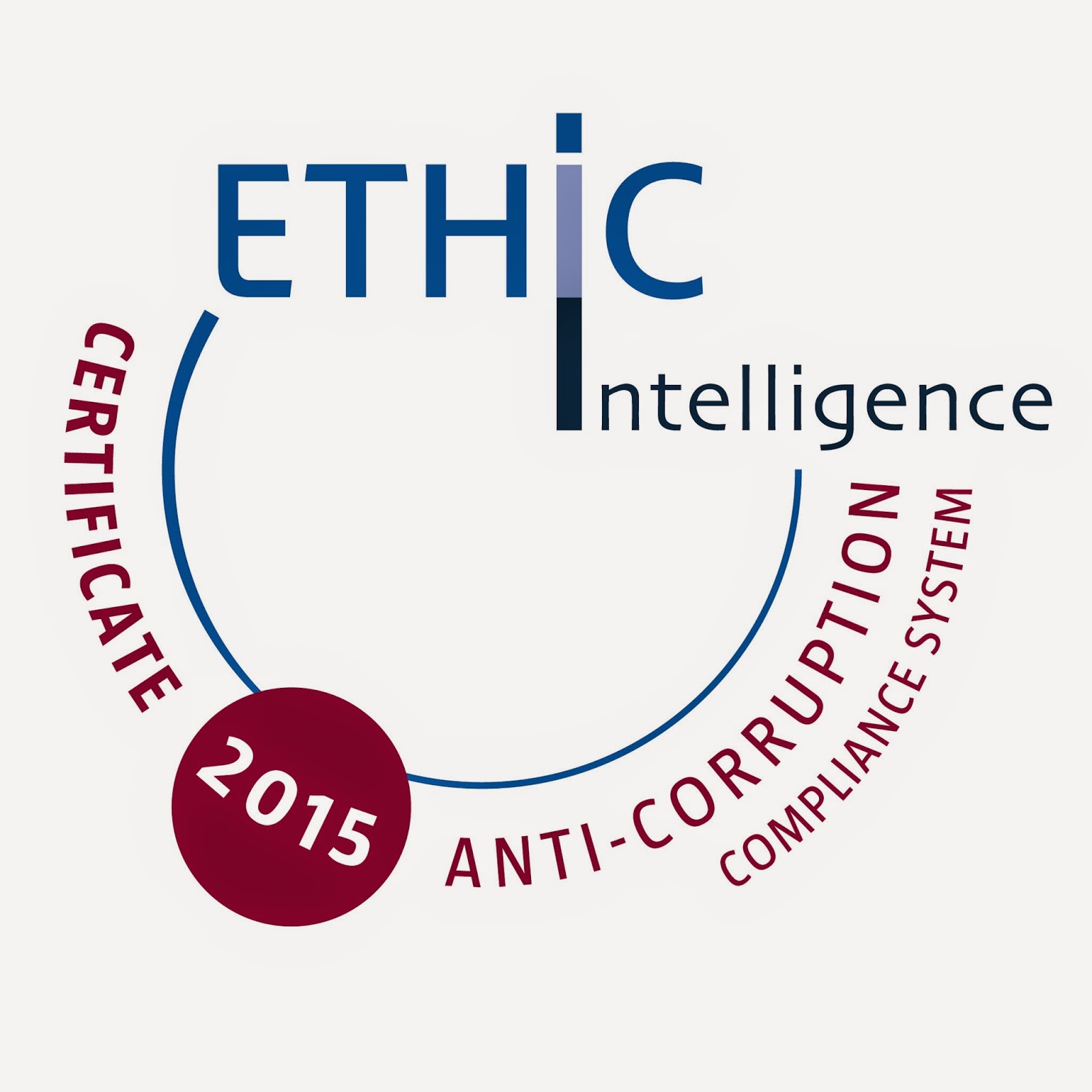On June 23rd, 2014, I had an opportunity to participate in "Excellence in Anti-Corruption Compliance Day" as hosted by Ethic Intelligence. While my participation was via video-feed, where I lead a presentation and follow up Q and A session on "Rationalizing bribery: Confronting corruption in the front line of sales," I have recently read a number of articles pertaining to the remainder of the day, and which I found quite relevant.
The one day session which coincided with the start of the C5 Anti-Corrpution Symposium in London, was designed to facilitate an "exchange on various compliance issues, including experience in overcoming difficulties, latest trends, future best practices, and evolutions in legislation and enforcement." My own participation was geared towards, in the words of Philippe Montigny (Founder and President of Ethic Intelligence) helping to assist attendees in understanding "new compliance challenges that arise from operations in the field."
In addition, as shared by Mr. Montigny in a recent newsletter, my presentation addressed how "it is also important to work with sales teams on the ground to find solutions that can be implemented at a strategic level," and how "developing a longer term marketing strategy, etc. in a high-risk market can provide sales teams with the added value necessary to win bids and business over the long-term without resorting to bribery.”
A summary of "Key Takeaways and Best Practices Sharing" is available via link. I personally found the section on "Reinforcing the role of human resources in preventing corruption" as extremely relevant. My thanks to Alexandra Almy, Certification Manager, Ethic Intelligence, for all the hard work in publishing the summary, and to Dorothy Gaulin, Ethic Intelligence, for making it digitally available.
Clearly, bringing together so many professionals with different compliance perspectives into such a "working group" session was of considerable value. So many of the anti-corruption "best practices" that were shared by attendees can now be discussed across organizations. Indeed, as stated by Marjoleine Demmers, Director Corporate Responsibility and Group Compliance Officer, Royal HaskoningDHV in a recent post on Experts Corner, Ethic Intelligence, where she referenced the merit provided by the session in "how do others deal with similar issues? What can I learn, and what might be helpful to others?" I find it really refreshing and engaging to find someone with such background and expertise who is still is willing to look to others and ask "what can I learn..."
Thank you again to Ethic Intelligence for asking me to participate in their "Excellence in Anti-Corruption Compliance Day," and I look forward to continuing our exchange of perspectives and experiences.


